Your Reliable Partner in Game Console Supply
Competitive Prices · Flexible Terms · Long-Term Growth

Why Are Emulator-Supported Retro Game Consoles Becoming a New Favorite for Buyers?
With the growing global trend of retro gaming, handheld consoles that support emulators are becoming popular among cross-border e-commerce sellers, gift customization companies, and distributors. In markets like Europe, the US, Southeast Asia, and South America, consumers are showing strong interest in portable, multi-platform, and easy-to-play retro gaming devices.
For B2B buyers, it's important to understand emulator types, selection standards, market value, technical benefits, and legal boundaries when choosing game console products.
1. What Types of Emulators Are There?
An emulator is a software program that mimics the hardware of different game consoles. Common emulators by platform include:
| Platform | Common Emulators | Features |
|---|---|---|
| NES/FC | FCEUX, Nestopia | Stable, lightweight, good for low-power chips |
| SNES | SNES9x, bsnes | Highly compatible, supports most games |
| GBA | mGBA, VBA | Simple interface, supports save and fast-forward |
| PS1 | DuckStation, ePSXe | High-quality graphics, supports controllers and CD images |
| PSP | PPSSPP | Very popular, modern interface |
| N64 | Mupen64Plus | Plugin-based, works well with better chips |
| PS2/Switch | PCSX2, Yuzu, Ryujinx | Requires higher performance, for mid-to-high-end devices |
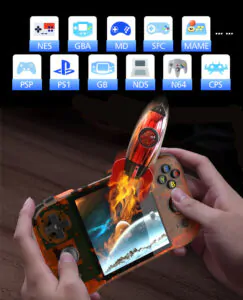
2. How to Choose the Right Emulator?
When selecting emulators for your products, consider compatibility, resource usage, user experience, and chip performance.
Tips for Choosing:
Chip Compatibility:
Lower-end emulators like FC or GBA work well with Cortex-A7 or A9 chips. More demanding emulators like PSP, PS1, or N64 need Cortex-A17, A55, or higher.
Stability:
Choose open-source emulators with active support to avoid crashes or bugs.
User Interface:
Emulators like PPSSPP and DuckStation offer easy-to-use graphical menus—ideal for overseas users.
Customization Options:
Features like language settings, themes, and button mapping improve the user experience.
Legal Compliance:
Make sure the emulator is legal and open-source. Do not include ROMs or commercial BIOS files.
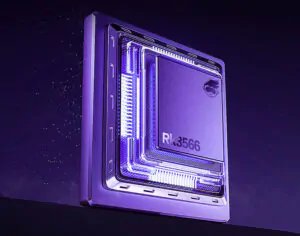
3. What Is an “Emulator-Supported” Game Console?
It refers to a game console that comes with open-source emulators pre-installed. These consoles can run games from multiple classic platforms, such as NES/FC, GBA, SNES, PS1, PSP, and more.
Unlike traditional game consoles limited to one system, emulator-supported consoles allow users to add games via TF cards and customize their retro gaming experience.
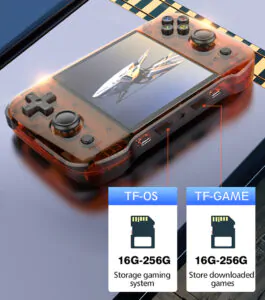
4. What Are the Real Benefits for Buyers?
✅ High Compatibility: One device supports multiple platforms, adding more value.
✅ Wide Audience: Appeals to retro gamers, gift shoppers, and parents alike.
✅ Flexible Sales Options: Supports OEM/ODM for different sales models—brands, e-commerce, gifts, offline retail, etc.
✅ Great Value: More portable, feature-rich, and affordable than original consoles—ideal for tapping into new markets.

5. What B2B Support Can We Offer?
🎨 Customization for appearance, logo, and system UI
🛠 Remote technical support and setup assistance
📦 Neutral or customized packaging options
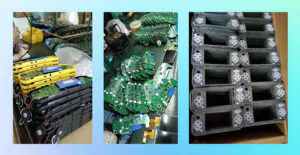
6. Final Thoughts: Now Is a Great Time to Enter the Retro Console Market
Consumers are still passionate about “classic memories,” and emulator-supported consoles perfectly match this trend. For buyers looking to expand product lines and boost profit margins, this is a great market opportunity.
If you’d like to know more about our products or custom solutions, feel free to contact our sales team—we’re happy to provide one-on-one support.

You may also be interested in:

How to Avoid Common Mistakes When Wholesaling Game Consoles?
Sourcing game consoles in bulk can be profitable, but many dealers lose money due to avoidable errors. Let me share how to sidestep these pitfalls.
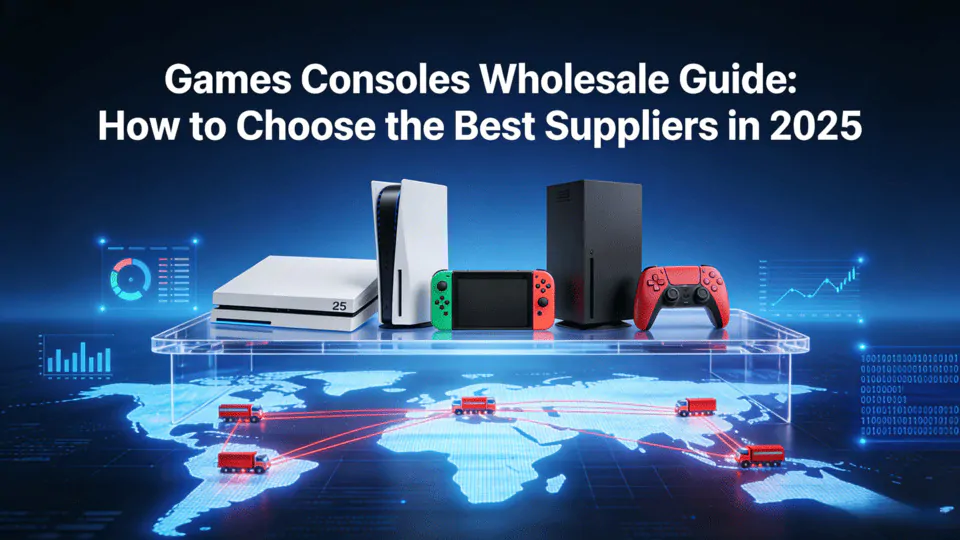
Games Consoles Wholesale Guide: How to Choose the Best Suppliers in 2025
The gaming industry is booming, and picking the right supplier can make or break your business. Don't fall for cheap traps. Quality matters more in
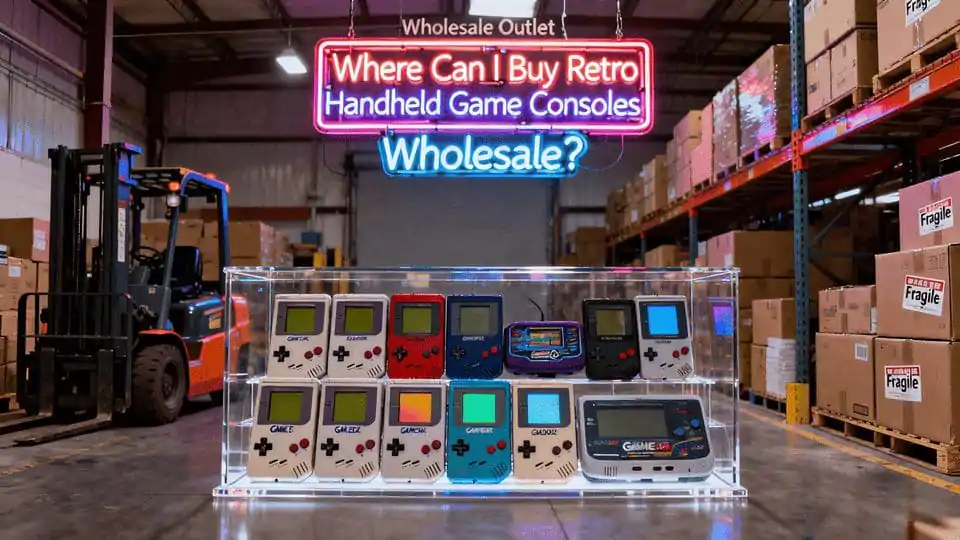
Where Can I Buy Retro Handheld Game Consoles Wholesale?
Looking for reliable wholesale retro handheld consoles? The market is flooded with options, but quality varies. Avoid cheap imitations and unstable supply chains—your business deserves

Is a Video Game Console the Best Gift for the New Year?
Phones replaced conversations during holidays. Game consoles bring families together again. Laughter fills the room as players compete on shared screens. Modern game consoles reconnect

Is it bad to give your child a game console as a gift?
Many parents worry about buying game consoles for kids. They fear it might harm their development. But is this fear justified? Let us explore the
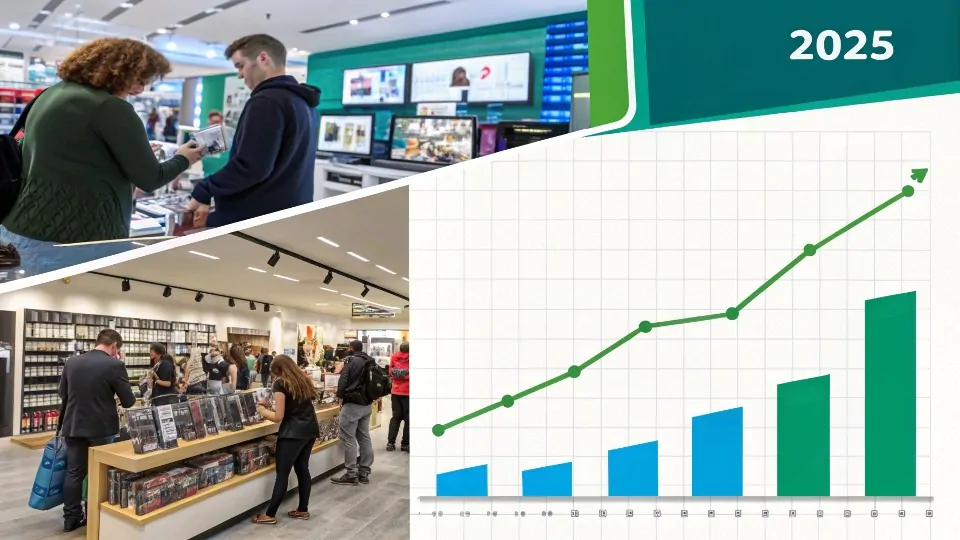
Offline Game Console Sales in 2025: Why Brick-and-Mortar Still Matters
Introduction While online sales are projected to account for 52.7% of global gaming console purchases in 2025, offline retail remains indispensable—especially for hands-on experiences, instant





